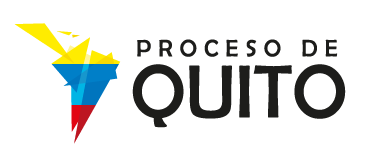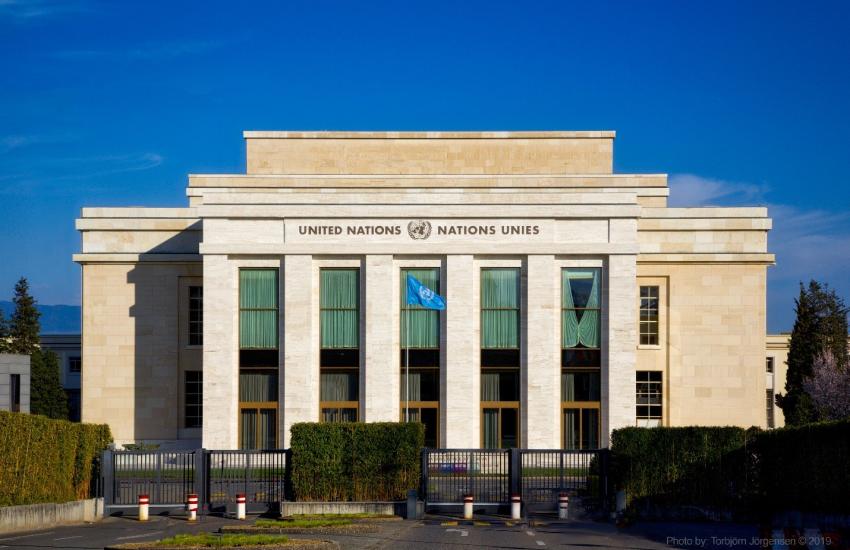11 organizations, a single purpose
This is how the United Nations organizations work in favor of the region. Its presence allows it to lead ten thematic axes and the work developed by the Technical Secretariat.
By Isadora Zoni
The United Nations celebrated 76 years and the Quito Process takes the opportunity to thank the support of UN organizations, agencies, funds and programs that are present in its thematic areas: IOM, UNHCR, UNESCO, ILO, UNDP, UNICEF, PAHO/WHO, UNAIDS, UN Women and OHCHR.
United Nations Day, or UN Day, has been celebrated on October 24 since 1948, as the anniversary of the entry into force of the Charter of the United Nations in 1945. According to the charter, the objectives of the UN are: a) to maintain peace and security throughout the world; b) to mediate and promote friendly relations among nations; c) to promote cooperation in solving international problems; d) to be the center responsible for bringing nations closer together towards these objectives in question.
UN Presence in the Quito Process
The Process is articulated through different Thematic Axes that follow up on common problems in the host countries, which affect the full enjoyment of human rights and put at risk the life, security and freedom of women, men, boys and girls from different countries, ages, gender and diversity.
Each axis has at least one Technical Focal Point, which are the organizations, agencies, funds and programs of the UN system that seek to support leading countries in carrying out activities within the thematic areas: Asylum, Guidance Centers, COVID-19, Education, Socioeconomic Insertion, Protection of Children and Adolescents, Family Reunification, Human Trafficking, HIV-AIDS and Gender.
In addition to acting as Technical Focal Points, the United Nations High Commissioner for Refugees (UNHCR) and the International Organization for Migration (IOM) coordinate the Technical Secretariat of the Quito Process to facilitate the implementation of the agreements reached by the countries.
The Technical Secretariat coordinates, prepares and executes the themes of the Quito Process, in addition to assisting the Pro-Tempore Presidency and acting as a liaison between international organizations, the focal points of the different member countries and the Presidency.


